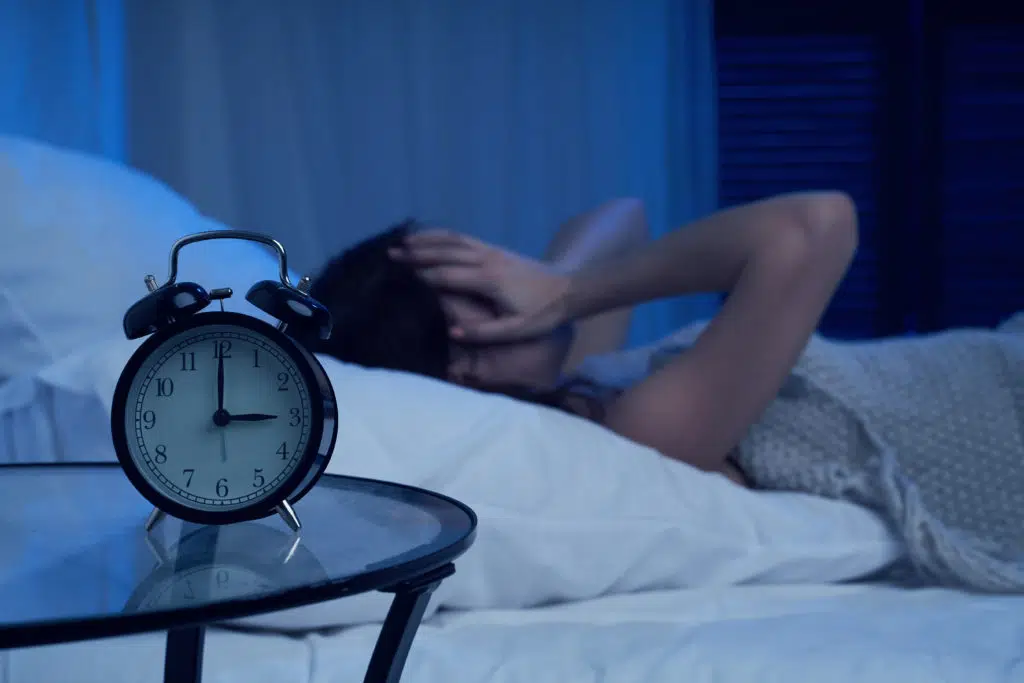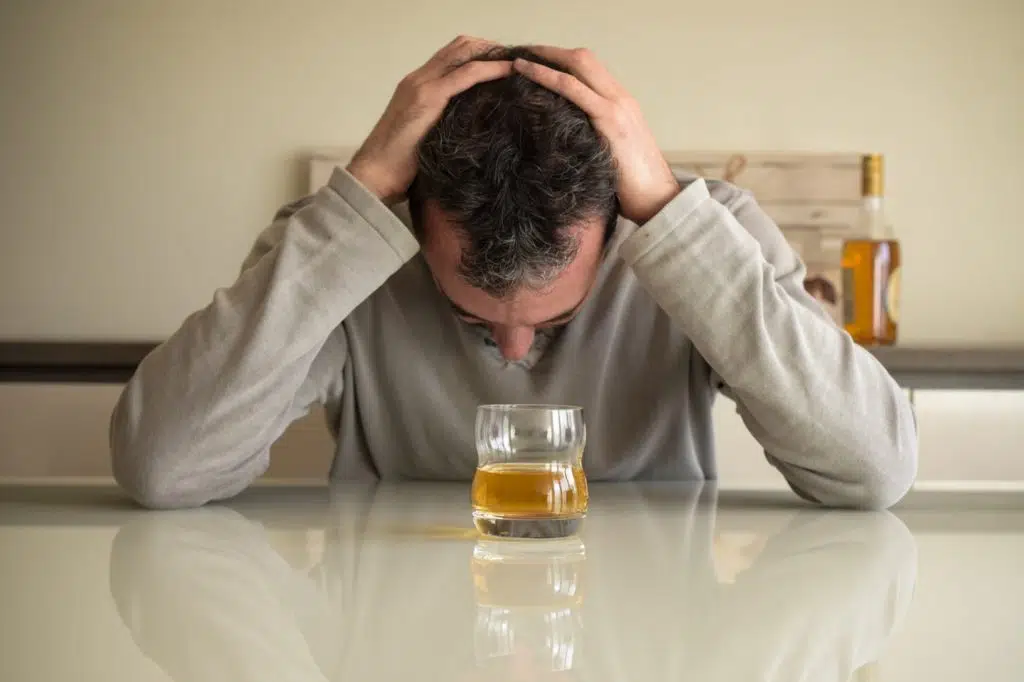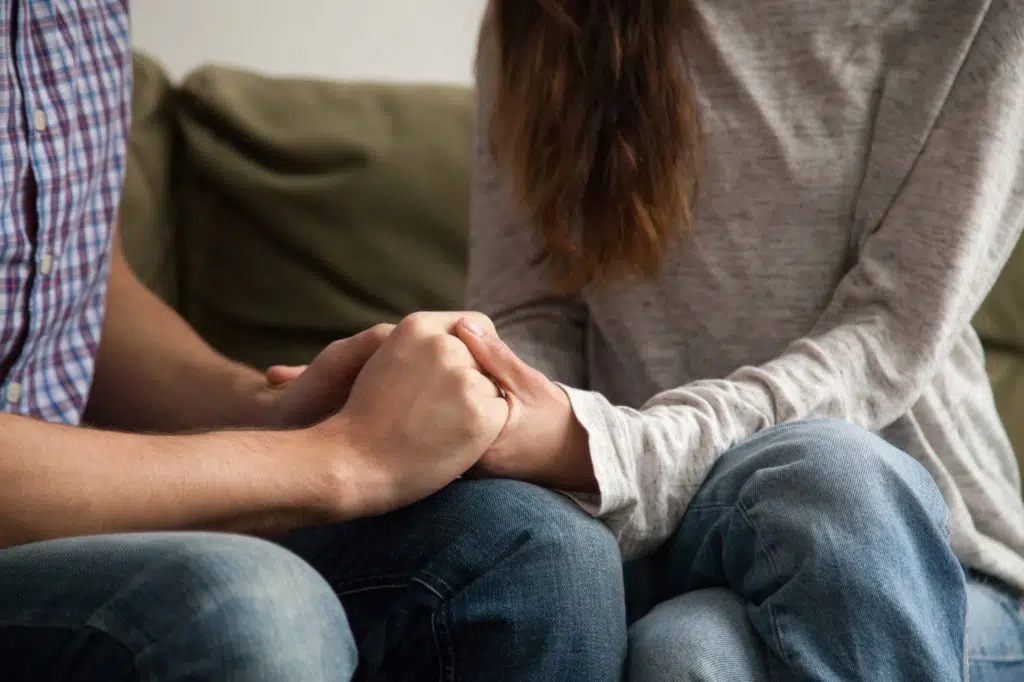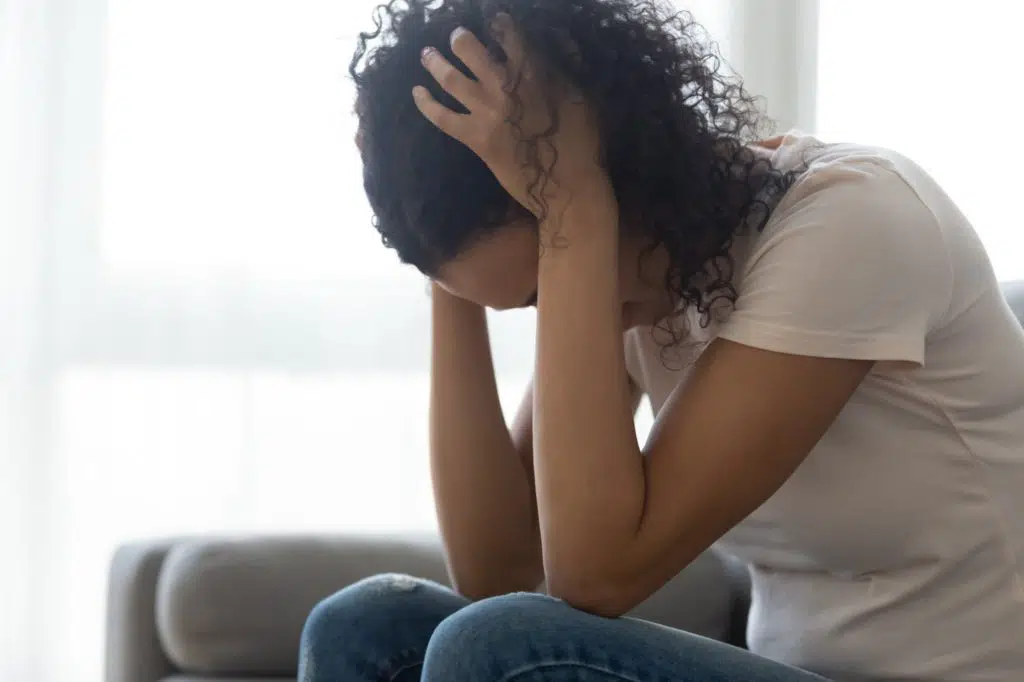Are you having trouble falling asleep at night, or staying asleep until morning? If you experience persistent difficulty with falling asleep, staying asleep, getting quality sleep, or other sleep difficulties, you might be suffering from the sleep disorder insomnia. According to the Sleep Foundation, a significant number of adults (as many as 60%) live with chronic insomnia, which is a long-term pattern of sleep difficulties. Additionally, nearly 25% of teenagers, 50% of pregnant women and the vast majority of senior citizens may also struggle with insomnia. Common symptoms of insomnia include:
- Difficulty falling asleep at night
- Waking up during the night
- Waking up too early
- Not feeling well-rested after a night’s sleep
- Daytime tiredness or sleepiness
- Irritability, depression or anxiety
- Difficulty concentrating, focusing on tasks or remembering
- Increased errors or accidents
You may be more susceptible to symptoms of insomnia in certain situations, for example:
- You are a female going through menopause.
- You are taking certain prescription medications like antidepressants, anticonvulsants, antihistamines, cold medicines, decongestants or corticosteroids.
- You have certain physical health conditions like chronic pain, cancer, diabetes, heart disease, asthma, gastroesophageal reflux disease (GERD), overactive thyroid, Parkinson’s disease or Alzheimer’s disease.
- You have certain mental health conditions like depression, anxiety, psychological stress, bipolar disorder or attention deficit hyperactivity disorder (ADHD).
Sleep difficulties can be frustrating, especially when they affect you long-term, but the good news is you can take proactive steps and learn how to treat insomnia naturally without medication. For long-term and chronic insomnia sufferers, behavioral changes are usually the most effective.
How to overcome insomnia without drugs
When you’re tossing and turning at night and just want to sleep, it can be tempting to try sleeping aids like prescription medications, over-the-counter medications or other natural options. While chronic insomnia may necessitate sleeping pills in some cases, it shouldn’t always be the answer. For many people, practicing healthy lifestyle habits and good sleep hygiene may help alleviate symptoms of insomnia, allowing them to fall asleep naturally and stay asleep until morning. Improve your sleep hygiene and alleviate insomnia naturally without medication using these tips:
- Limit (or eliminate) napping, especially late in the day
- Limit (or eliminate) alcohol, caffeine ad tobacco products in the evening
- Avoid late-night meals
- Maintain a healthy diet
- Exercise regularly throughout the day
- Follow a consistent sleep schedule that includes the same (or similar) bedtimes and wake-up times every day
- Use your bedroom and bed for sleep (and intercourse) only—avoid working, playing video games or other stimulating activities.
You can also talk to your doctor to find out if cognitive behavioral therapy (CBT-I) is right for you. CBT-I is a structured program that helps you identify and replace thoughts and behaviors that cause or worsen sleep problems with habits that promote sound sleep. Unlike sleeping pills, CBT-I may help you overcome the underlying causes of your sleep problems.
The dangers of sleeping pills
Sleeping pills and other sleep aids like benzodiazepines (e.g., Xanax and Valium) are sedative-hypnotics that are both physically and psychologically addictive. People who use these medications can become dependent on them in a matter of weeks. Addiction to sleeping pills or other medications can be difficult to break once your body becomes reliant on them to function.
Miramar Recovery Center offers a safe and effective prescription drug rehab program for individuals who want to overcome their addiction and live a healthy, sober life. If left untreated, prescription drug abuse can lead to several physiological symptoms including:
- Lowered heart rate
- Shallow respiration
- Nausea
- Vomiting
- Dry mouth
- Pupil constriction
- Itching
- Rash
- Respiratory depression/arrest
- Loss of consciousness
- Coma
- Death
Psychological symptoms may also include:
- Impaired judgment
- Confusion
- Euphoria
- Mood disorders
- Somnolence (excessive sleepiness)
Are you using sleeping pills to fall asleep every night? Do you want to find a better way to manage your insomnia? Call Miramar Recovery Center at 949-691-5036 to learn more about prescription drug use disorders. We are skilled in the diagnoses and treatment of substance use disorders and can help you overcome your addiction and get back to sleep naturally.




